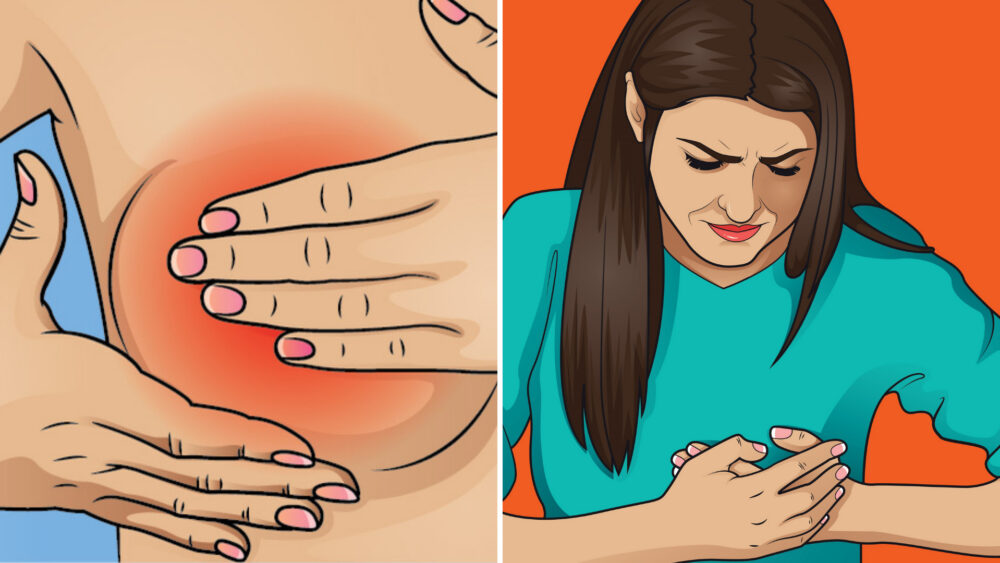Your yearly mammogram already has the potential to save your life: finding breast cancer early reduces your risk of dying from the disease by 25-30% or more, and breast cancer is accurately diagnosed through mammography in about 78 percent of all women tested.
But research suggests that cancer is not the only deadly disease that a mammogram can detect. According to Sarah Rinehart, M.D., a cardiologist and cardiac imaging specialist at Piedmont Heart, your mammogram can also show early signs of heart disease through the presence of breast arterial calcification (BAC), which is plaque buildup in the breast’s arteries.
“Breast arterial calcification can be considered a red flag for coronary artery disease,” says Dr. Rinehart. “The blood vessels in the breasts are smaller than those in the heart, so sometimes women can develop early disease in the breast arteries.”
“Seventy percent of women who had breast arterial calcification on their mammogram were found to have coronary artery calcification as well,” adds Dr. Rinehart. “This could be an important finding for the early detection of heart disease, especially in women under age 60.”
According to Piedmont.org, if a physician reviewing a woman’s mammogram notices breast arterial calcification, they should refer her to a preventive cardiologist for further evaluation.
“Women generally are more concerned over developing cancer compared to heart disease,” says Dr. Rinehart. “However, while breast cancer affects one in seven women, heart disease affects one in three women.”
Rinehart emphasises the importance of heart disease awareness, especially for women who have a strong family history or are at an increased risk.
“Even though patients may fall into this category, many don’t seek out a heart screening,” she adds.
“I encourage women to have a discussion with whoever ordered their mammogram and ask if they have breast arterial calcification on the scan. Getting a mammogram can trigger a discussion about your heart health.”
For more information, visit www.Piedmont.org.



